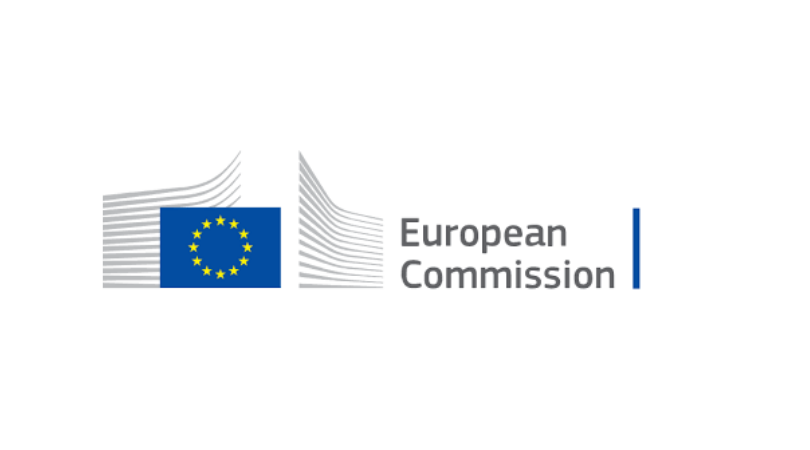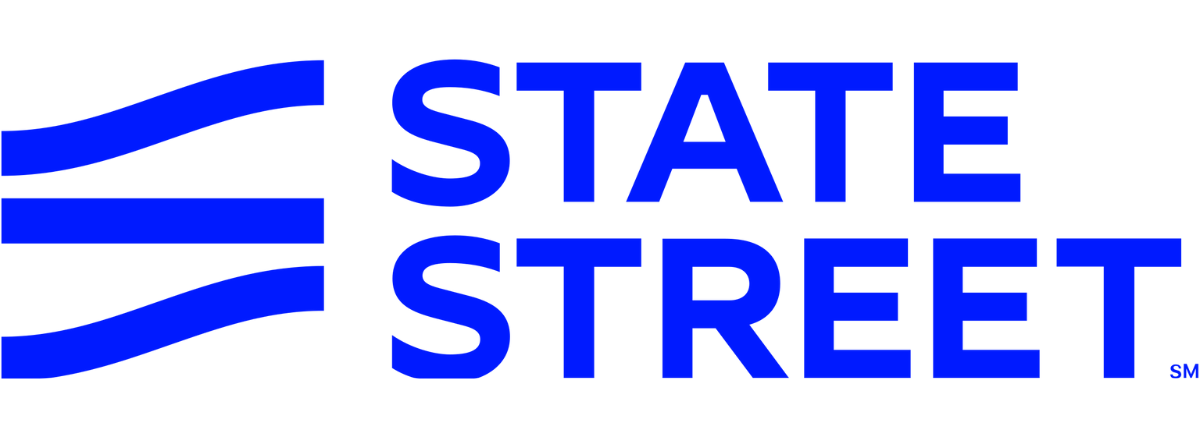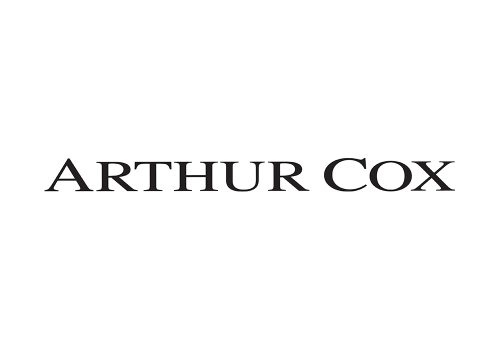Although it sometimes does not feel like it, regulation can move quickly within the European ETF market.
This year’s ETF Ecosystem Unwrapped made sure this industry was kept at the forefront of the latest developments, with a keynote speech from Helene Bussieres, deputy head of asset management at the European Commission.
Attendees also heard from the European Securities and Markets Authority (ESMA) as well as leading industry figures for their take on the latest updates.
Commission eyes ‘harmonised’ UCITS approach
Speaking at ETF Stream’s ETF Ecosystem Unwrapped 2024, Bussieres said national regulators must take a ‘harmonised approach’ to what asset classes are eligible under the UCITS regime.
She used the example of cryptocurrencies, noting that regulators across Europe take diverging approaches to the asset class.
“We are working on going as far as is responsible on changing the rules for crypto to introduce a more harmonised approach across the EU,” Bussieres said. “We know that some National Competent Authorities (NCAs) take a relatively liberal approach compared to others that are a lot stricter, so what matters to us is harmonisation and convergence.”
German regulator BaFin allows UCITS funds to buy crypto exchange-traded notes (ETNs) on the delta one exemption, a derivative that tracks the performance of the underlying asset.
Meanwhile, the Spanish regulator – the Comisión Nacional del Mercado de Valores (CNMV) – also allows UCITS to have exposure to financial instruments with performance linked to crypto assets, provided they do not embed derivatives.
The Central Bank of Ireland (CBI) also has a cautious approach to crypto and does not allow indirect exposure to the asset class.
ESMA launched a review of the UCITS-eligible assets directive, potentially opening the door to allowing direct exposure crypto in UCITS and other asset classes such as leverage loans, AT1 bonds, commodities, delta-one instruments and ETNs.
Inducement ban row back Bussieres also touched upon the likelihood of a full row back on the earmarked inducement ban. Delivering an update on the EU’s Retail Investment Strategy, adding the Commission could use “different tools” if the current proposals are watered down.
The European Parliament voted to remove a ban on inducements from the RIS, which had already been significantly watered down to advice-free sales of funds only.
The move has raised concerns around conflict of interests while pushing investors into higher fees products and out of ETFs.
“The role retail investors play in ETFs is extremely important and that is why when the Commission adopted the RIS sought to address conflicts of interest in the investment journey,” Bussieres said.
“ETFs would particularly benefit from the conflict of interests. We want to avoid a situation where retail investors are recommended products that do not offer good value for money.”
‘Remove’ the share class naming convention
Elsewhere, there were calls for ESMA to remove the share class naming convention that has allegedly prevented more asset managers from taking up the structure.
Demand for ETF share classes was expected to be bigger after HSBC Asset Management launched the first ETF share classes within the same Irish-domiciled fund structure last year, however, take-up so far has been slow.
Ciaran Fitzpatrick, head of ETF solutions for Europe at State Street, said he would “love to see the naming convention removed” to end a conversation that has been going on for “over a decade”.
“Operationally, I would love to see the naming convention issue removed, we have been talking about it for over a decade,” he said.
“HSBC AM accepted it and just moved mutual funds into ETFs so there is definitely an appetite and we are seeing more interest. Maybe some issuers use it as an excuse and perhaps they would just get on with it if the convention was not there.”
He added the convention – introduced by ESMA in 2012 – was not put in there to stop asset managers creating ETF share classes of mutual funds but was a consequence of outdated regulation.
Luxembourg regulators take a more relaxed approach to the convention, which it hopes will encourage more asset managers to implement ETF share classes of their mutual funds.
T+1 impact on ETFs
The switch to a T+1 settlement cycle was fresh on the minds of the ETF ecosystem, with everybody wondering what type of impact it was going to have on the wrapper.
Tara O’Reilly, co-head of asset management and investment funds group at Arthur Cox, said it was touch and go as to whether some asset managers were ready for the move from a T+2 to a T+1 settlement cycle in the US for the end of May deadline.
“We went through this process with no fast track or appreciation by the regulators of the steps needed,” she said. “We went through the normal processes and some prospectuses were still waiting to be finalised before the deadline.”
Jim Goldie, head of ETF capital markets and indexed solutions, EMEA, at Invesco, played down concerns that issuers were not ready for the switch but added it was highly likely asset managers would breach the cash and overdraft limits for UCITS funds as a result.
“From an ETF perspective, you can position the funds to ensure you minimise the number of breaches,” Goldie said.
“In certain instances, depending on the size of the trade, the size of the fund and the proportion of T+1 securities in the basket, it is going to be unavoidable that you might breach the 20% long cash or 10% borrow limit.”
This article first appeared in ETF Insider, ETF Stream's monthly ETF magazine for professional investors in Europe. To read the full edition, click here.







